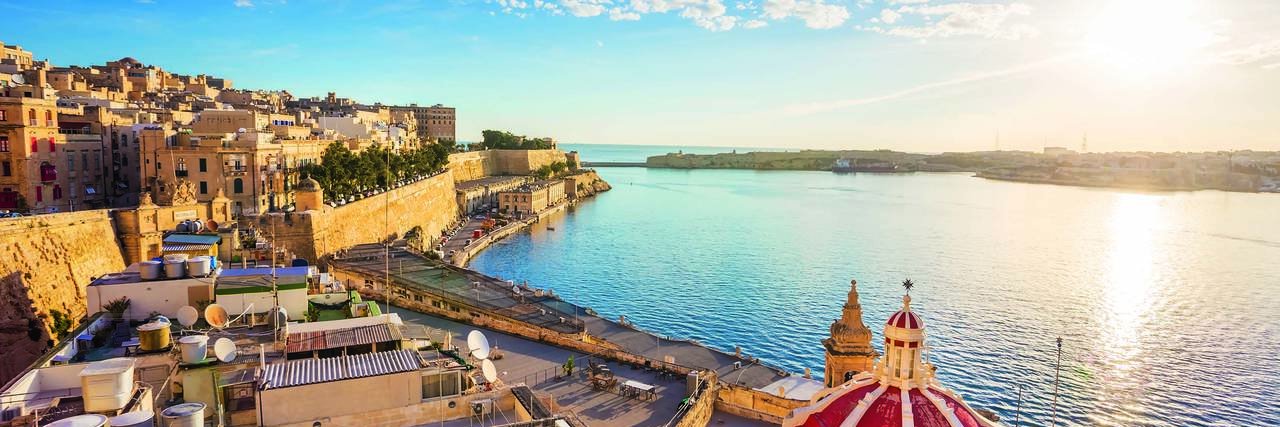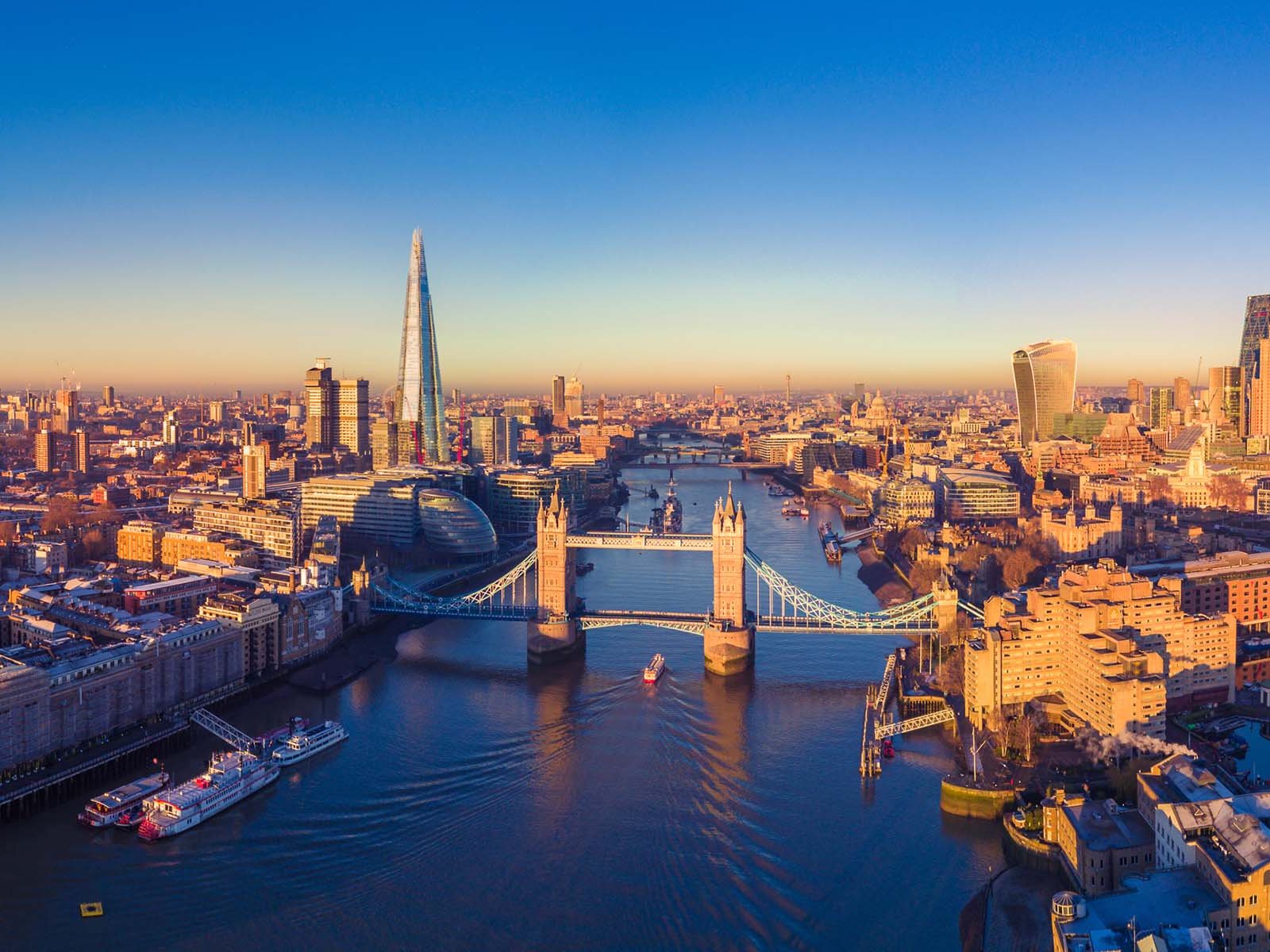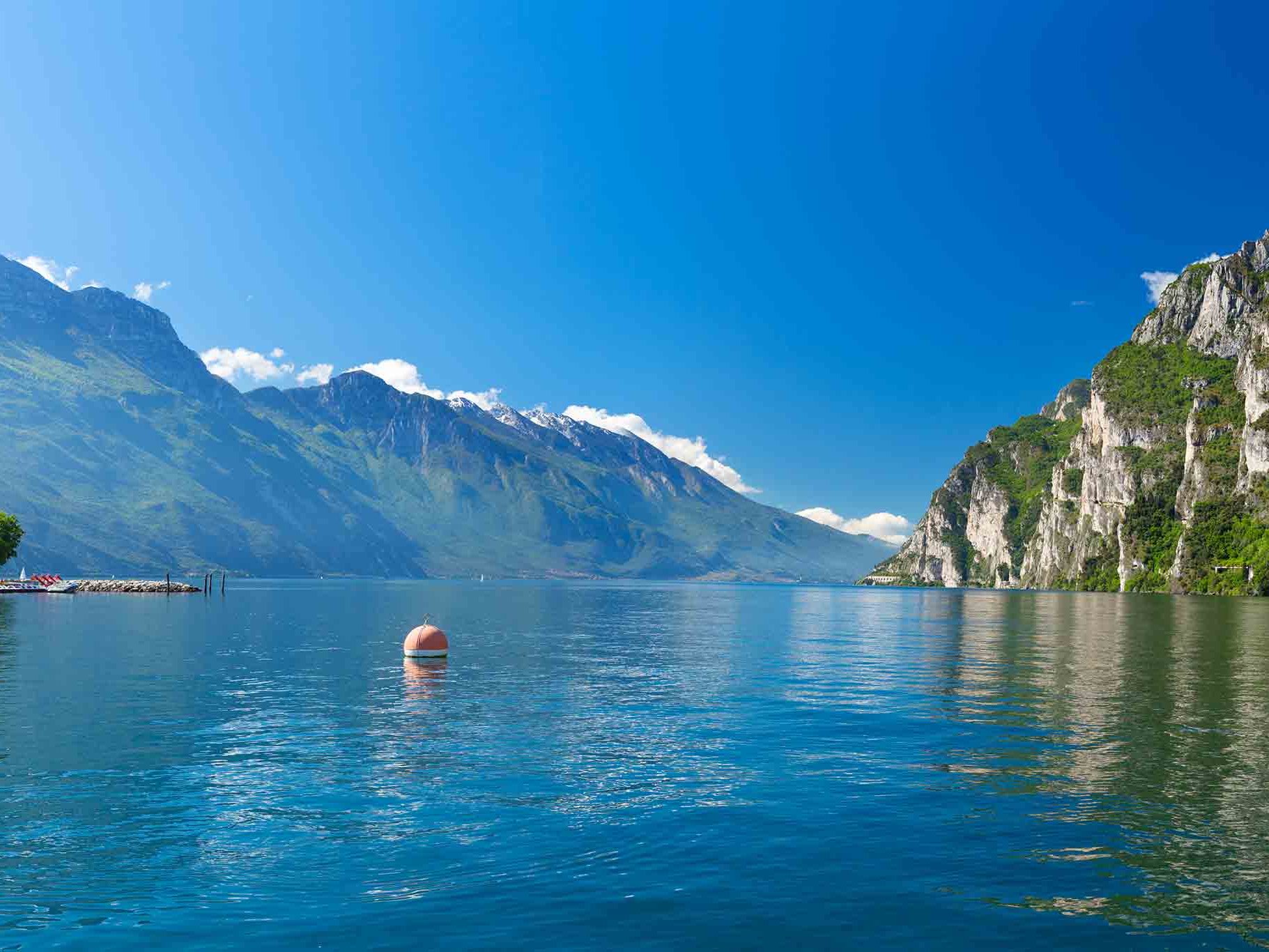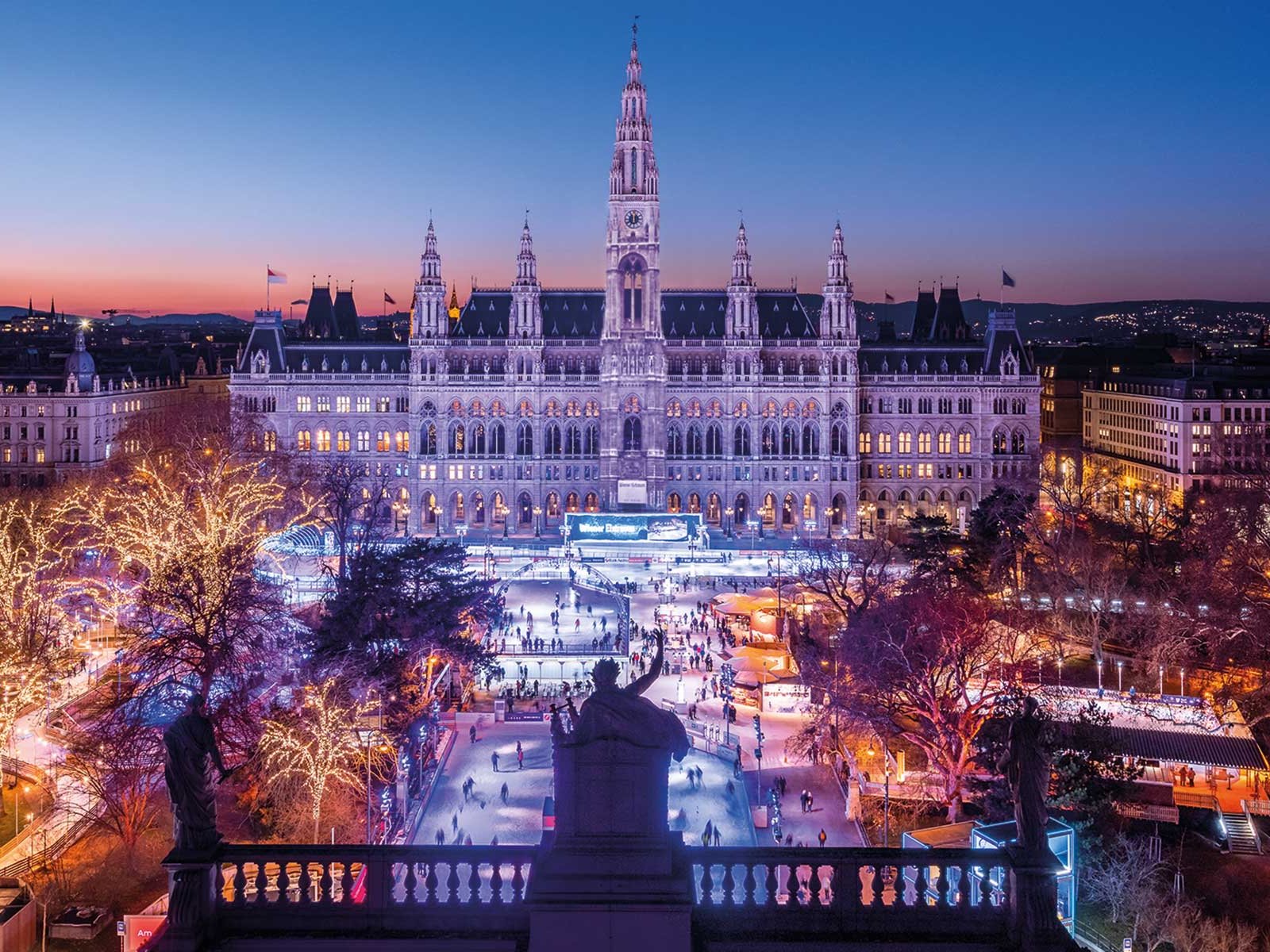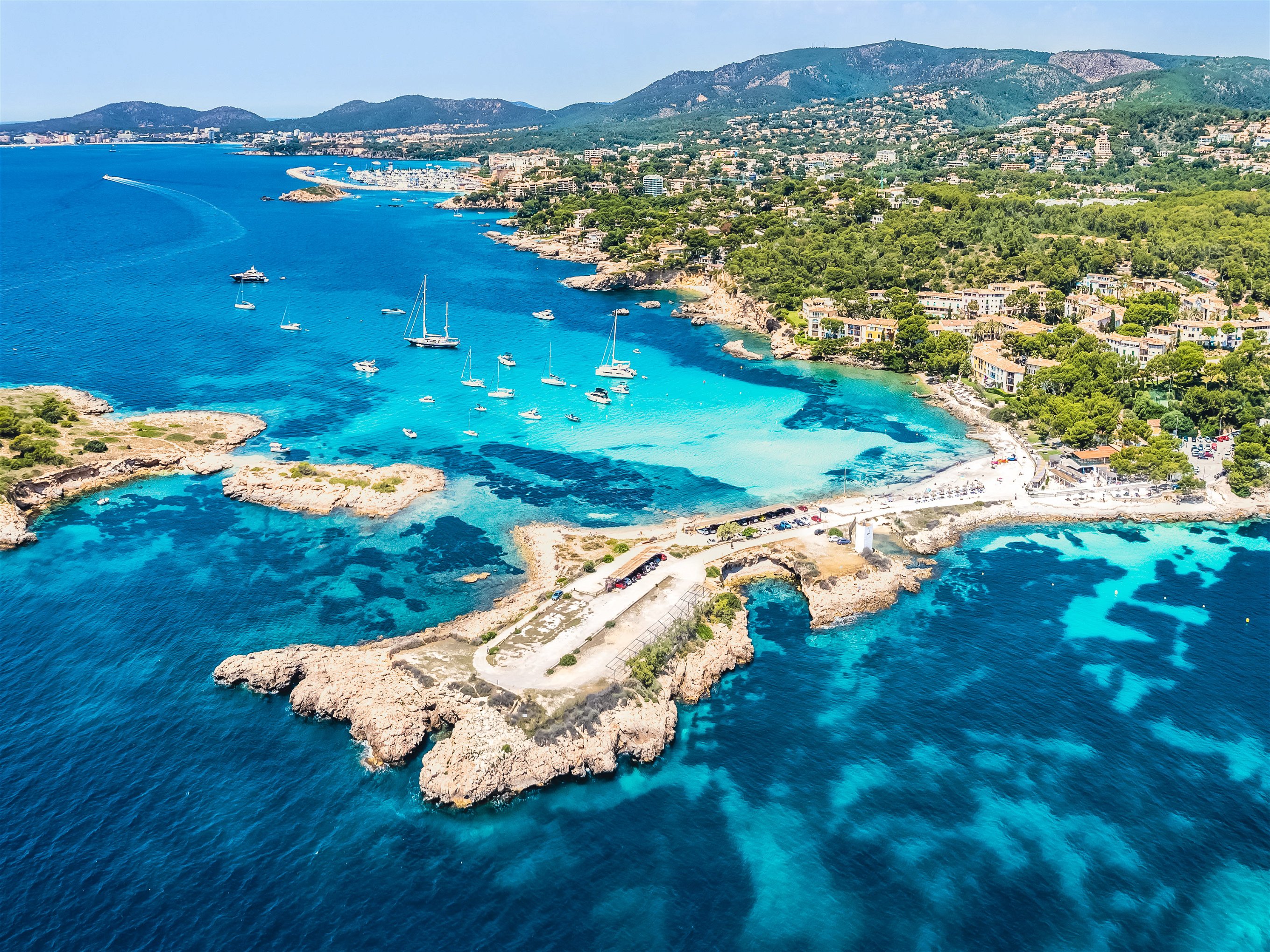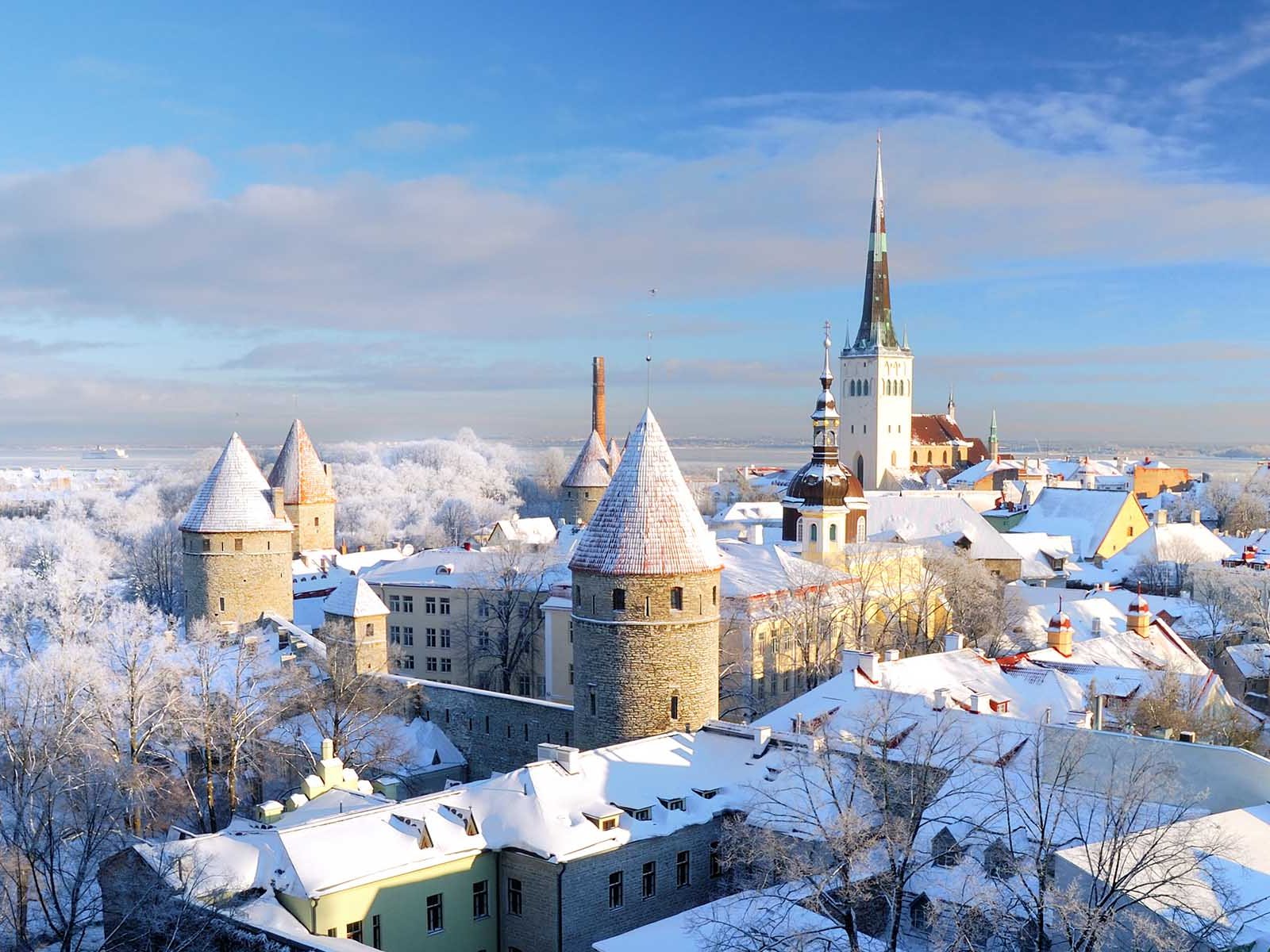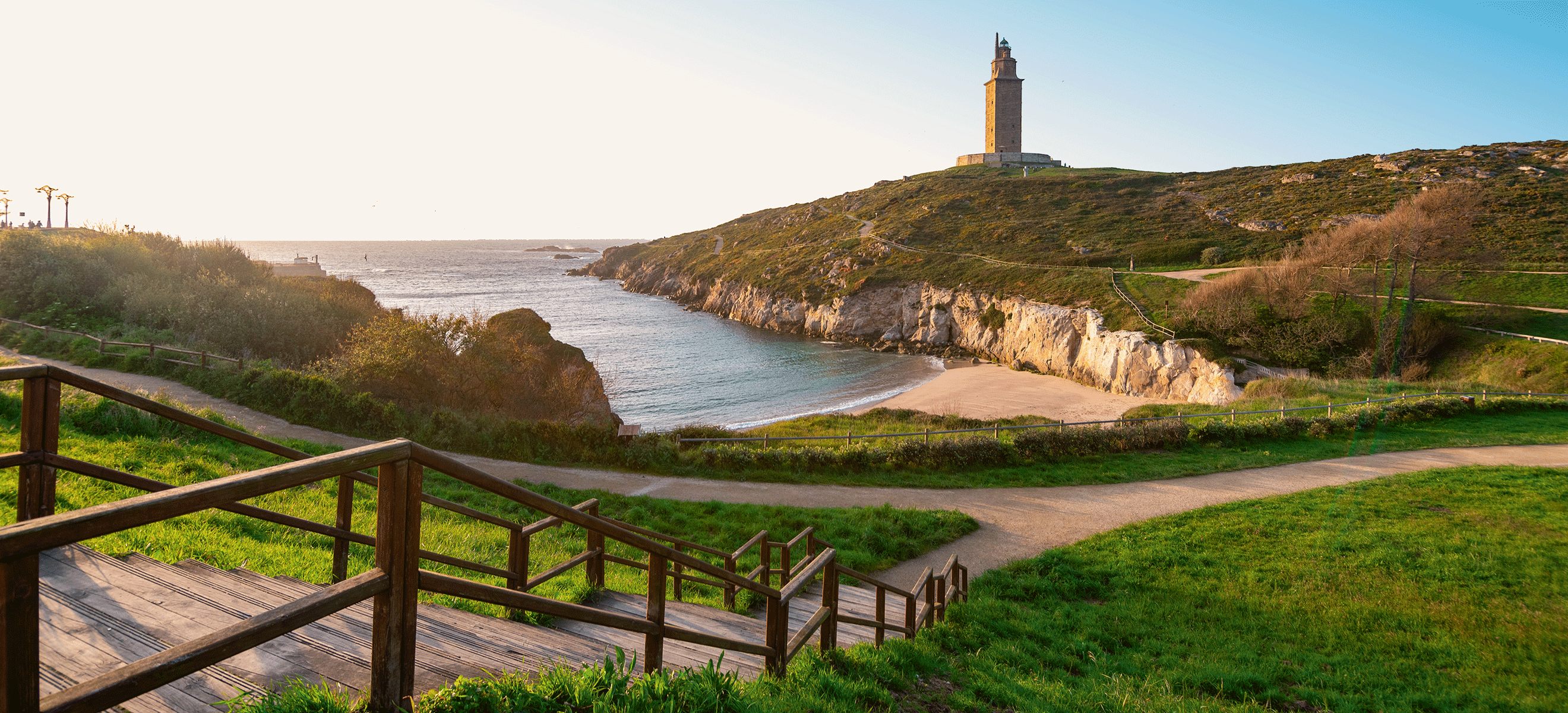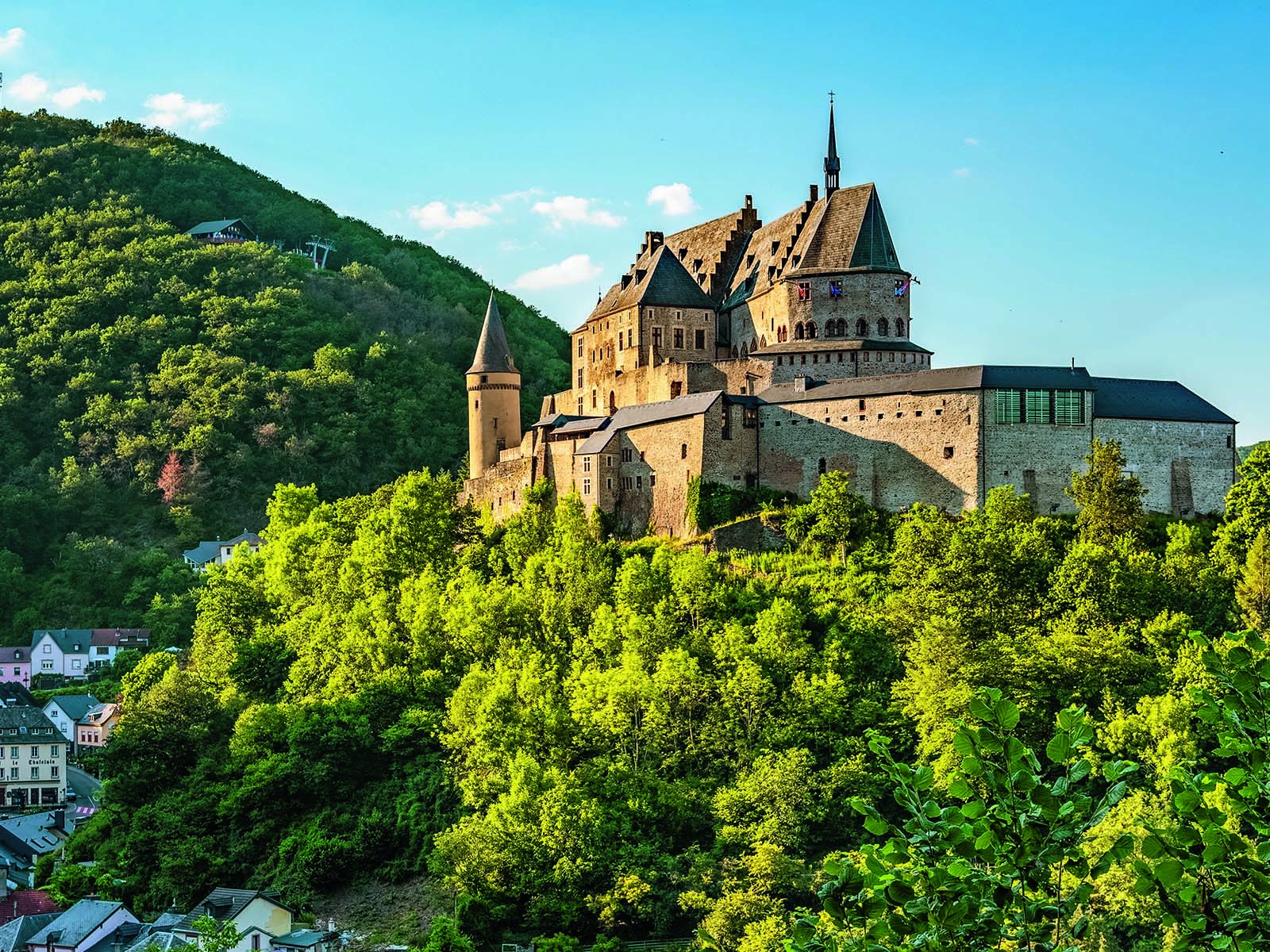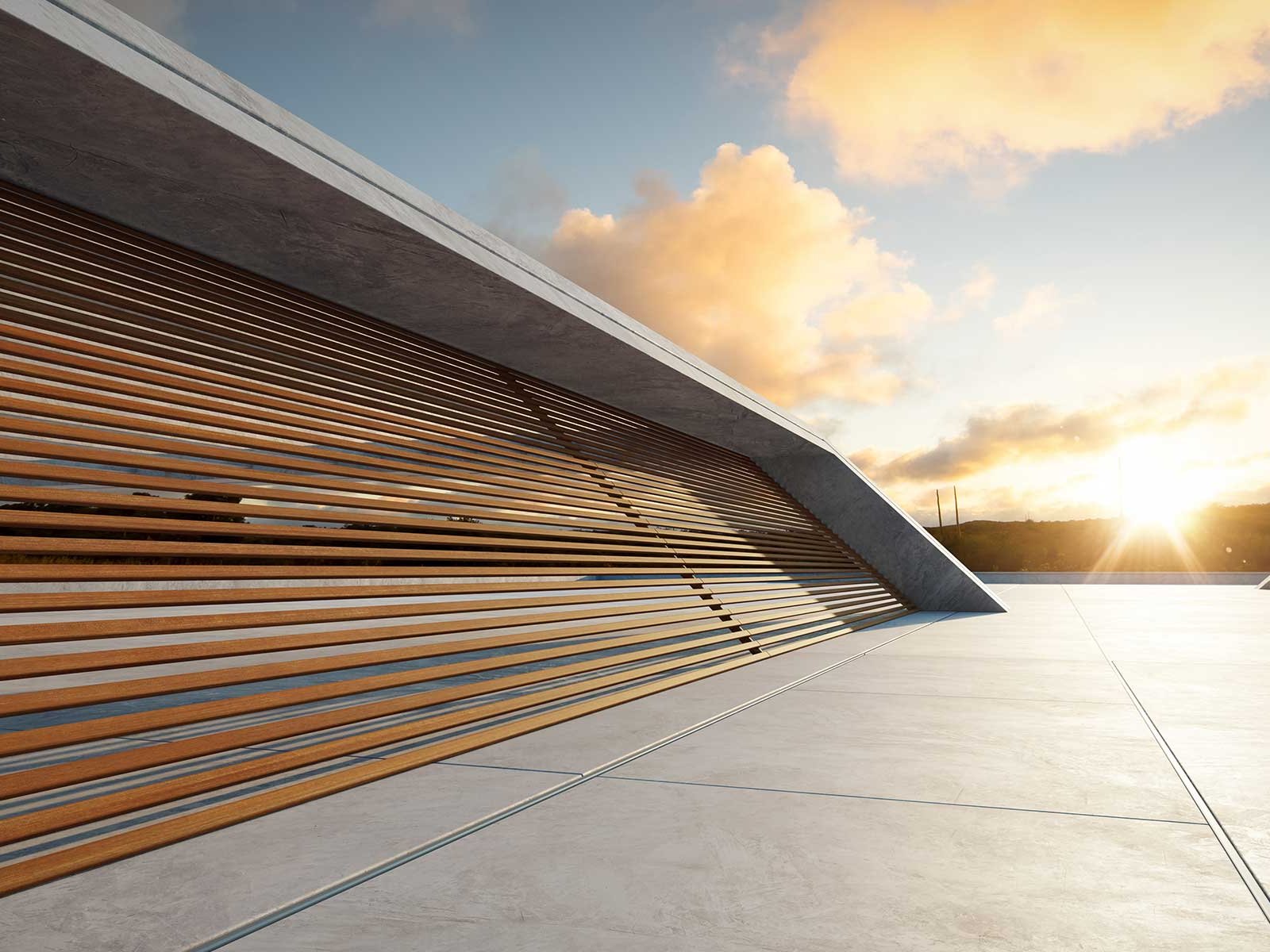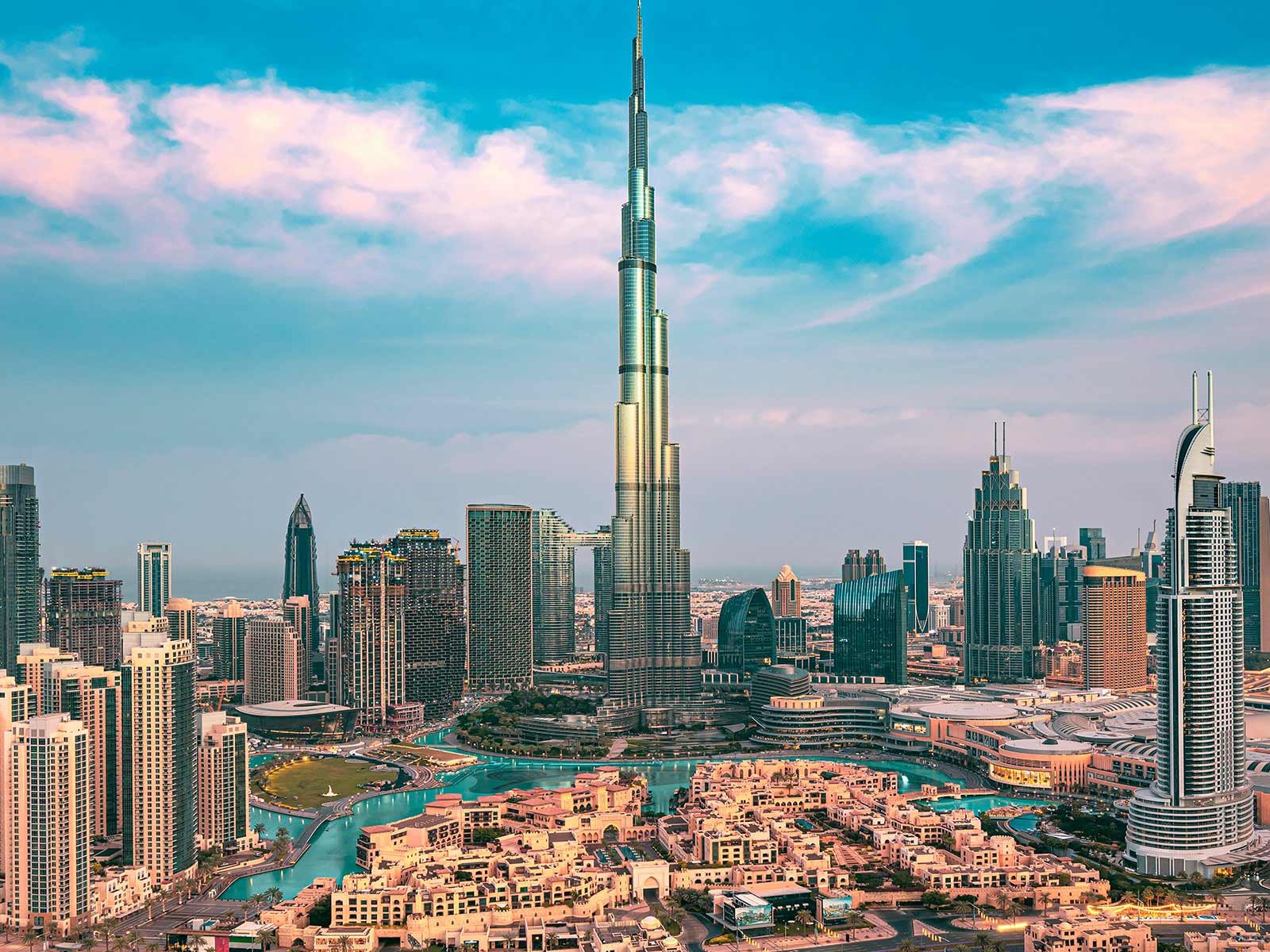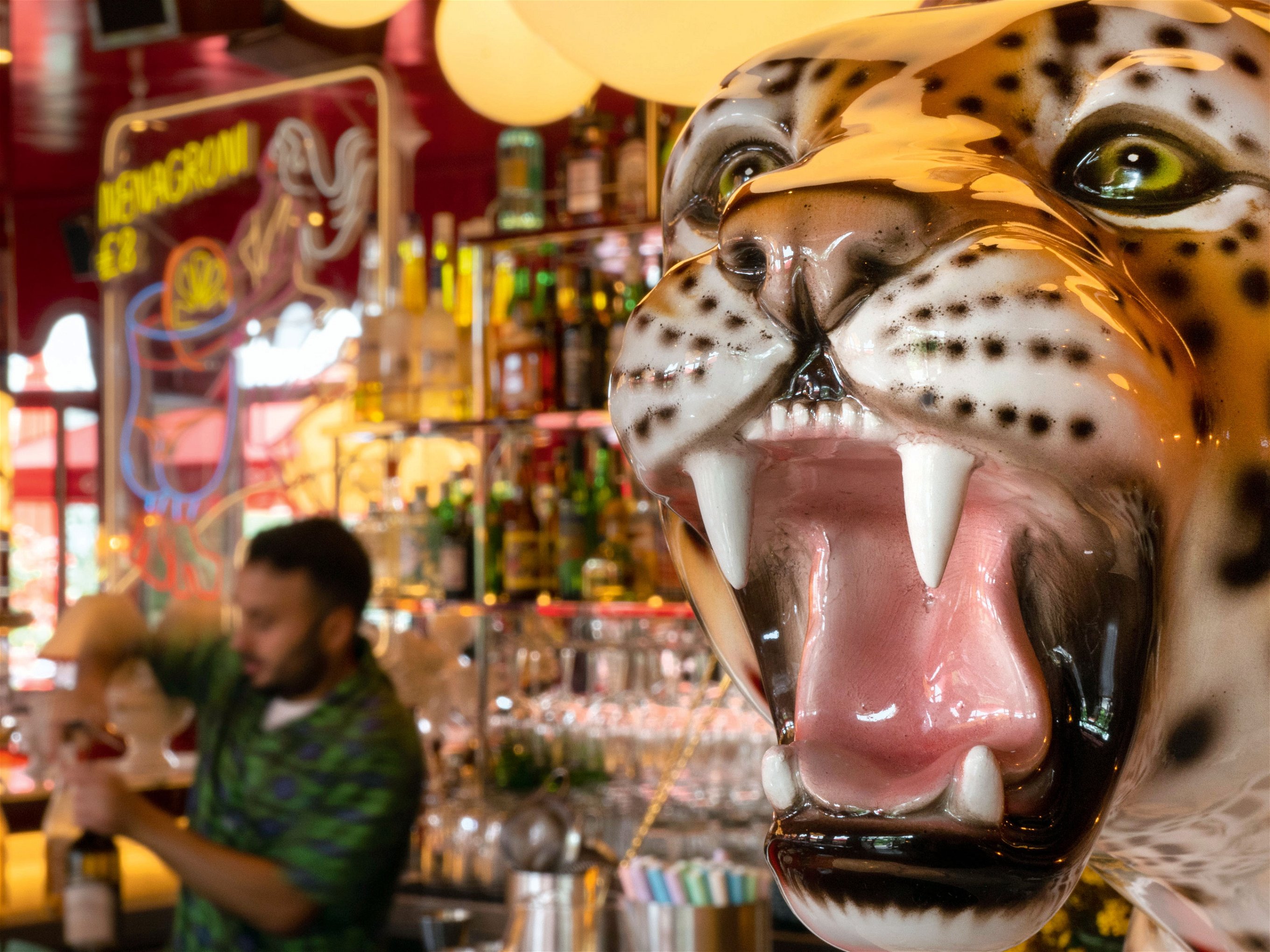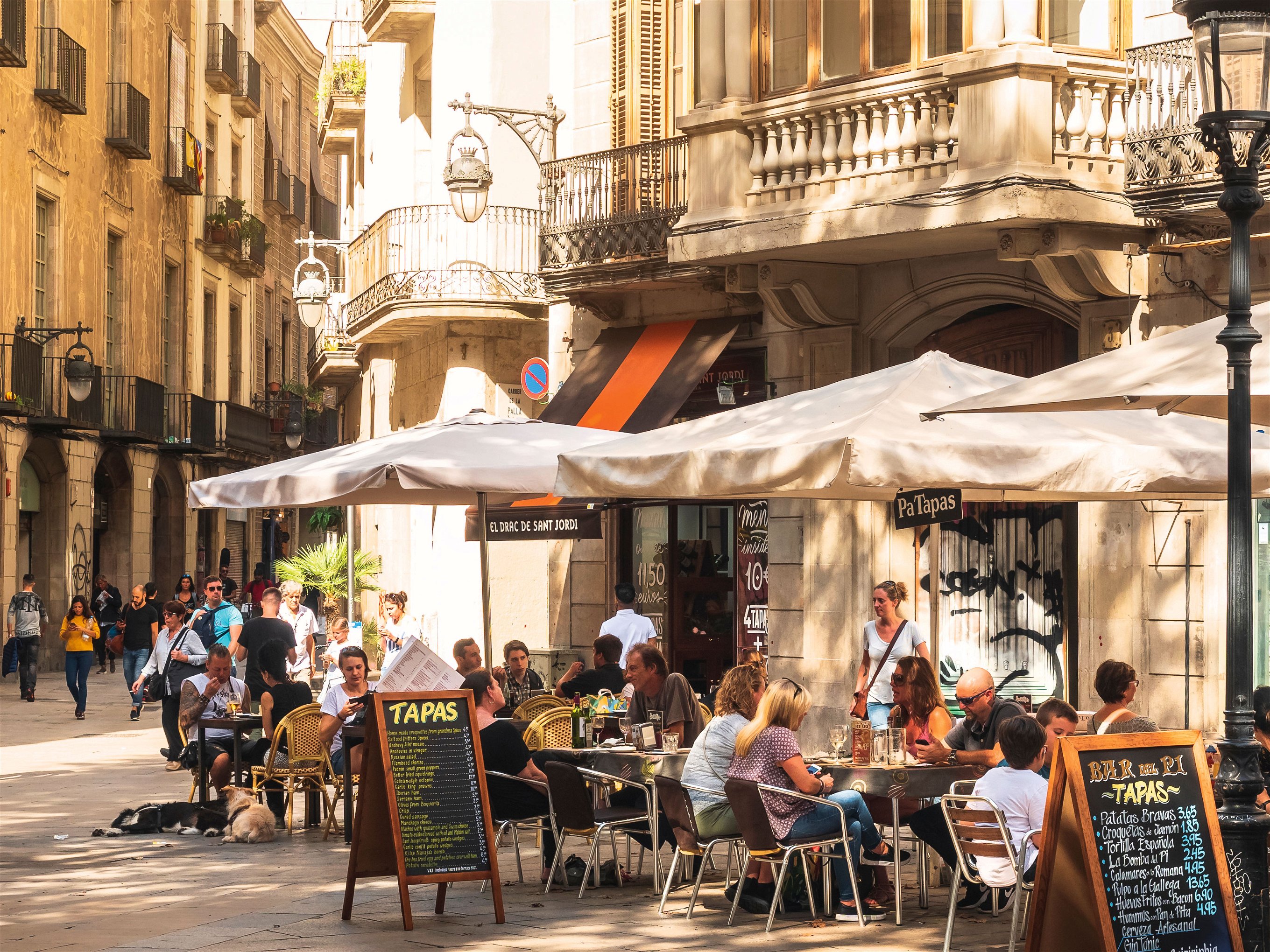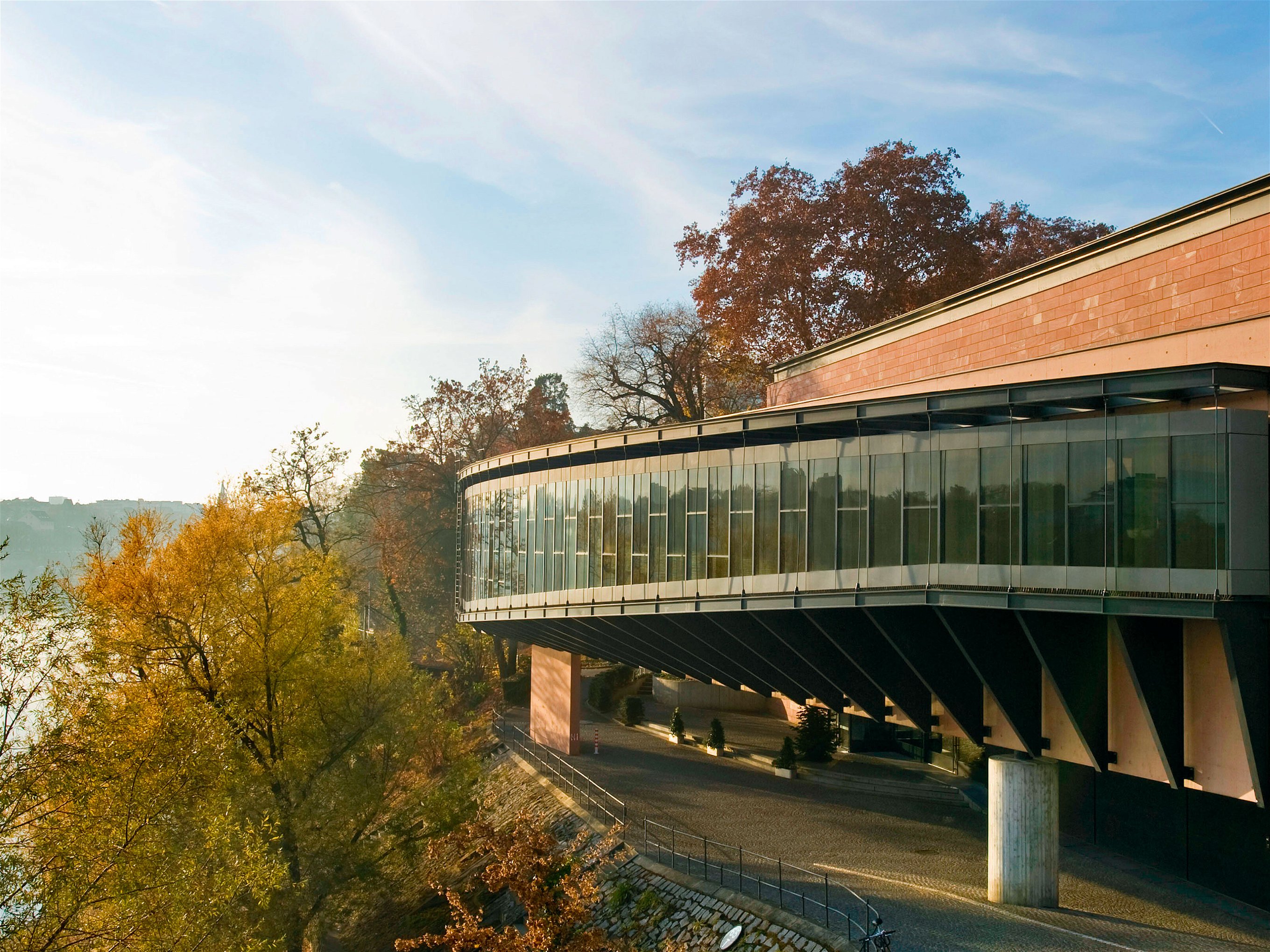Malta: a fortress of taste
Malta, surrounded by the Mediterranean Sea and rich in history, has long been a popular tourist destination. But now it is also getting more attention from gourmets.
It would be fair to say that expectations were not particularly high before we visited Tartarun, an unstarred fish restaurant in the village of Marsaxlokk in Malta. Some fried bream, house wine served in thick glasses, nice Mediterranean ambience, but no gourmet experiences, that's more or less how one might have imagined the evening. But our sense of anticipation increased when looking at the wine list: big wine regions with some of the best producers are covered. There is Burgundy and Piedmont, but also Alsace and Styria. With the serving of amuse-bouches, it then becomes clear that great ambitions are being realised here. The tartlet with sea bream and bonito mayonnaise is perfectly balanced, the Gillardeau oyster with calamansi is wonderfully fresh. After seven courses, including ravioli stuffed with raw crab draped in foie gras chorizo foam, amberjack charcuterie and gilthead bream in tempura, you leave feeling elated.
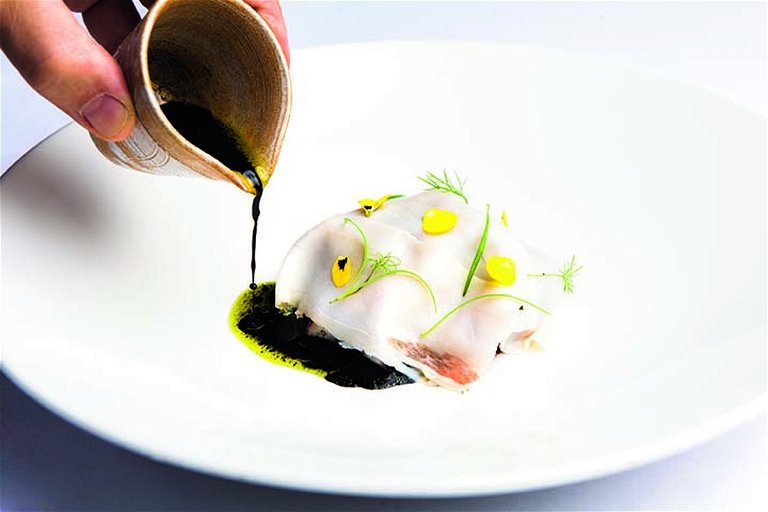
A new self-confidence
Maltese cuisine, long overshadowed by British eating habits, is in the process of emancipating itself. A growing self-confidence can be felt in many places, not just in conversation with the operators of Tartarun, twin brothers Stephen and James Schiavone. Since 2020, the Guide Michelin has separately identified this small country, awarding one star each to five restaurants.
Tartarun has no star and yet works with products of breath-taking quality, albeit in unpretentious surroundings. Other restaurants, such as the sophisticated Bahia starred restaurant in the magnificent Corinthia Palace hotel, could easily sit in any major European city. Here you can choose from three menus, titled 'Past', 'Present' and 'Future'. It is precisely this acknowledgement of Malta's rich history and culture that has bred this new self-assurance.
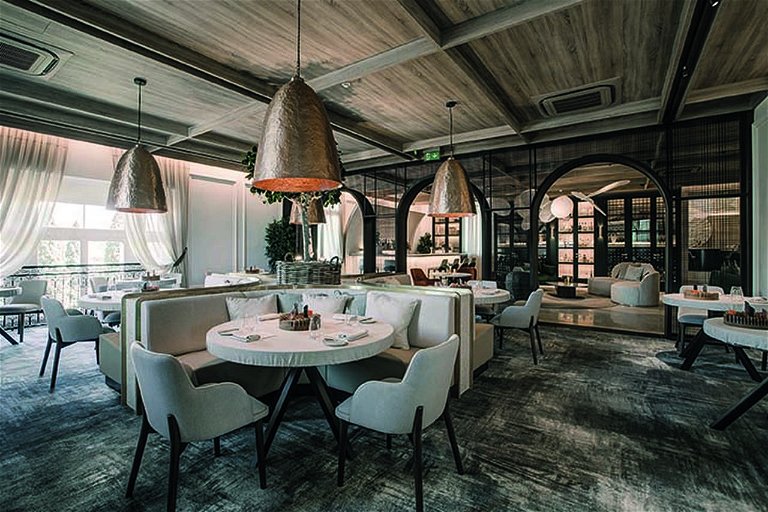
Land is precious
This trend is also apparant in one of the country's flagship farms, Xara Gardens. Here, a team of experts practices sustainable agriculture in a new type of closed-loop system with food waste. The harvest ends up with one of Malta's best chefs, Kevin Bonello, who is in charge of all the restaurants at the luxury hotel Xara Palace. In his award-winning de Mondion, Bonello emphasises his Maltese roots, artfully combining local ingredients with produce from France and Italy.
The emphasis on the regional while common elsewhere, is far from normal on the island – for which there are good reasons. Malta, with its neighbouring islands of Gozo and Comino, is the fifth smallest state in the European Union and about the size of Munich. It has more than 1,600 people per square kilometre. There are only four countries in the world that are even more densely populated. Land is precious, which is why agricultural use often takes a back seat to real estate projects.
Over the centuries, Malta's strategic location has made it a sought-after target for conquest. The French were here, Arabs, Spanish, Italians and finally the British. The driving on the left side of the road and English being an official language harks back to its 164 years under the British Crown. It is interesting to observe how the locals suddenly switch languages mid-sentence, jumping fluently from Maltese, which is related to Arabic, to English when tourists ask for directions.
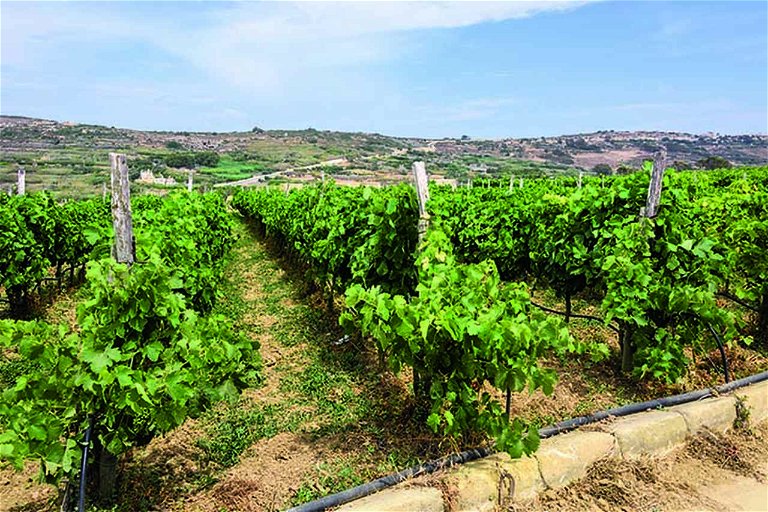
The fusion of thousands of years of changing history is reflected in the popular pastries, Pastizzi, which are traditionally filled with pea puree or ricotta-like cheese, which is called Irkotta in Maltese. A glass of locally produced wine is a good match with this. Four hundred and thirty hectares are planted with vines, somewhat less than in Germany's smallest wine-growing region, the Hessische Bergstrasse. The two indigenous varieties are called Gellewza and Girgentina. One of the largest producers on the island, the family-owned winery Emmanuel Delicata, does not have its own vineyards, but relies on a kind of cooperative model: 200 small farmers tend the vines independently, Delicata gives the go-ahead for the harvest and takes over the wine making.
Incidentally, it was the Phoenicians who brought viticulture to the island, the Greeks and Romans refined the techniques, as did the Order of St. John until the British tore out a number of vines to grow cotton. Malta has thousands of stories to tell, and they all deserve to be heard.
Hotels
XARA PALACE RELAIS & CHATEAUX
Tucked away in the "Silent City" of Mdina is one of the most beautiful boutique hotels in the country. Prince Charles III and his wife Camilla have stayed here.
Double rooms from around €190
Misrah il-Kunsill, Mdina MDN 1050
T: +356 21 450560, xarapalace.com.mt
INIALA HARBOUR HOUSE
A breathtaking view of the Grand Harbour is guaranteed at this luxury hotel, which opened two years ago and offers every conceivable comfort. Insider's tip: if you aren't staying here, you should at least come for breakfast.
Double rooms from around €350
10 St.Barbara Bastion, Il-Belt Valletta VLT 1961
T: +356 2166 1111, inialagroup.com
THE SNOP HOUSE
A classic Maltese townhouse serves as the base for this tasteful boutique hotel. The roof terrace overlooks the picturesque harbour.
Double rooms from around €130
23 Victory Street, Senglea (L-Isla), ISL 1167
T: +356 2702 9324, thesnophouse.com
Restaurants
DE MONDION
Kevin Bonello cooked abroad for some time before returning to his homeland. He uses predominantly Maltese ingredients in his menus, aiming for Mediterranean lightness.
Address via Xara Palace
ION HARBOUR
Elegant, French-influenced dishes are the focus of the cuisine, with the concept devised by star London chef Alex Dilling.
Address via Iniala Harbour House
BAHIA
Located on the first floor of the magnificent Corinthia Palace hotel, the gourmet restaurant is named after a naval orange grown in the region. There are three menus to choose from, and it also caters for vegetarians and vegans. Chef Tyrone Mizzi has an undeniable penchant for showmanship.
De Paule Avenue, San Anton Balzan BZN 9023
T: +356 9999 1270
bahia.com.mt
TARTARUN
Arguably the best fish and seafood restaurant on the island owes its reputation to freshly caught fish and its imaginative preparation.There is a well constructed wine list which offers Maltese wines as well as top wines from other European countries. Friendly service.
20 Xatt is-Sajjieda, Marsaxlokk
T: +356 2165 8089
tartarun.com
NONI
Just a stone's throw from Fort St. Elmo, chef Jonathan Brincat runs the restaurant, named after Brincat's nickname. Noni combines authentic Maltese cuisine with modern gastromic influences and also chooses its ingredients imaginatively.
211 Republic Street, Valletta, VLT 1118
T: +356 2122 1441
noni.com.mt
TERRONE
Fresh and contemporary Mediterranean cuisine is on the menu at this cosy restaurant with its striking sign. It is particularly known for its seafood and fish dishes.
Fort St Angelo, Birgu Waterfront, Birgu, BRG 1730
T: +356 2704 2656
terrone.com.mt
Cafés / Bars
CAFFE CORDINA
This pretty historic café in the centre of Valletta is not only popular with tourists, but also a hotspot for the Maltese. You can get delicious eclairs here as well as the typical pastizzi and other hearty dishes.
244 Republic Street, il-Belt Valletta VLT 1114
T: +356 2065 0400, caffecordina.com
TASTE HISTORY
Not a restaurant, but rather a programme for multi-course meals in special places. Especially recommended: the Maritime Museum, where you can learn about traditional Maltese cuisine surrounded by columns and paintings. Registration required.
T: +356 7970 6554, tastehistory.mt
TRABUXU WINE BAR
In a 400-year-old vaulted cellar, you can sit here cocooned from outside influences and devote yourself entirely to the contents of your glass. Solid international selection and of course local wines, accompanied by cheese.
2 Strait Street, Valletta, VLT 1430 Malta
T: +356 2122 3036
trabuxu.com.mt/wine-bar/
DARMANIN SALT PANS
At the easternmost point of Malta, sea salt is harvested in salt marshes during the summer months. Just drive there and watch the salt workers, be there early in the morning or late in the afternoon.
Visiting Malta
Visit Malta offers further information and free brochures. On the website you can find out more about current entry conditions.
T: +356 22915000, visitmalta.com
